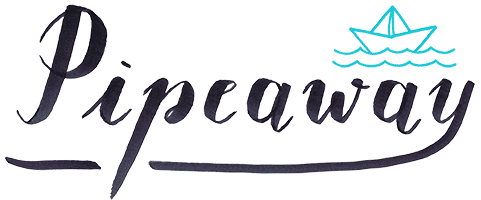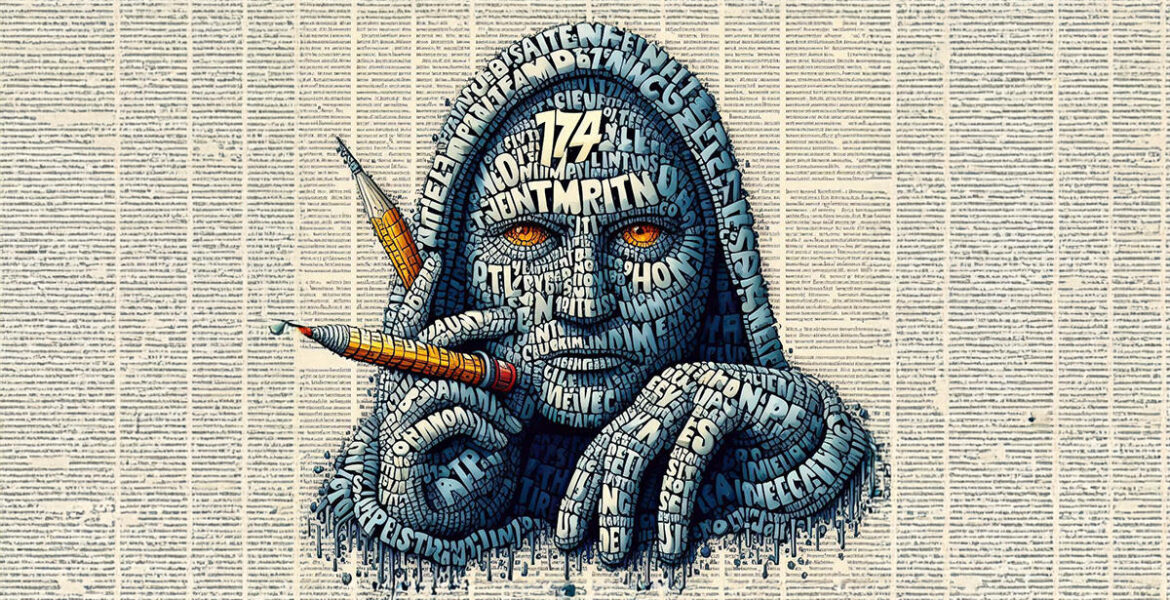This is the archived version of our free weekly newsletter. To start receiving it in your mailbox on the send-out day, join the newsletter list!
Hi from Zagreb!
The first half of 2025 is officially behind us, and my hometown visits have barely accumulated to three and a half weeks in total.
I’m not intentionally running away from Croatia, but it seems that this year I’ve spent more time in Malaysia, Thailand, or Switzerland than in the country where I was born 46 years ago. So many years have passed indeed; my birthday was last week, so I know I didn’t miscalculate.
If it does seem I’m running around, it’s because I’m trying to take care of myself the best way that I can.
The world is changing at a pace so fast that living in the past will leave you stuck. The artificial intelligence lobbies and Silicon Valley masterminds have engineered a system in which space for human-first journalism is continually shrinking, and short-term profit goals precede everything – whether it’s controlling political narratives or your local search engine results.
Last week, I published an article analyzing why we keep falling for this stuff (namely, through the example of AI-generated videos).
You might think our digital naivety is a far cry from travel blogging, but that would be just naive. In a digital environment, where our content fuels the profit of the powerful few, it would be ignorant to think we all simply have a choice.
Google and alike ARE killing the internet as we know it. When you think about it, the biggest search engine is just another website. If you imagine a website that would be stealing other people’s content (with the massive help of AI), you’d probably call it what it is – a theft (Google itself will deindex websites that plagiarize original content!). Only because this particular website, Google, is a powerful player, you won’t read many critical essays about it in the dependent mainstream media, or see the violation of author rights being prosecuted.
We’ve been through the same thing before, with social media becoming an alternative to mainstream media. Instead of companies paying professional journalists to distribute their work (entities called media), the new rulers of the digital information became those with a radically different business logic – creators have to pay THEM if they want their professional work to be seen (social media algorithms).
A similar trap is set up again. Experts are convincing us that search engine optimization is not dead; we all just need to adapt and learn how to adjust our content so it gets picked up by AI and served in those AI overviews on top of Google results.
That’s right, the suggested solution to the problem is not, for instance, disallowing AI to scrape content without paying for the author rights. They want us to see being chosen by a thief as a victory. Soon, they’ll make us pay to be “chosen”, and we should learn to see that as a victory, too?
Marek Bron, from Indie Traveller, recently reflected on the topic (you can read it here), revealing that he felt the urge to start explicitly stating that “the travel guides you read here are based on real trips and written by real people” (sic!). Soon, we will all be proving we are real.
I was thinking about that last week, when a reader on Bluesky targeted my exclusive report on Baby Lasagna‘s subliminal messages in Basel as my fabrication.
This supposed Eurovision fan asked everyone to report my post, saying: “Stop spreading false claims. This didn’t happen, and you have no evidence for it. It’s just an altered image that you place deep below in the article.”
Later on, they continued: “How can we know you haven’t just photoshopped the image? And then, ask people to do a difficult task requiring technical software that you know an average person won’t do?”
(You can read the entire Blusky chain here.)
This silly tweet-rant shows how easy it’s become to discredit professional journalism, despite all sources for the story being completely public. Everything someone dislikes can now effortlessly be debunked as propaganda, or anti-somethingism. It works in Israel, it works in Sweden, it works in every damn place.
We’ve normalized distrust. It is now photographers who have to prove they are not photoshopping; it is journalists who have to prove they are real people.
In times when everything can be faked, how can we trust what’s true? AI has undermined the very concept of evidence. If so many things around us are fake, from images to videos, we seem to go to extremes. We either believe everything that’s served, or we start doubting everything, even the truth.
The AI itself agreed when I asked it to explain the phenomenon: “Overexposure to manipulated content breeds cynicism and apathy, especially online. Instead of fostering skepticism (questioning claims), it can lead to nihilism (disbelieving all claims).”
ChatGPT even offered an example: “In conflict zones (Ukraine, Gaza, Syria), AI-generated or mislabeled footage circulates widely. In response, people may begin to assume all war footage is fake – even authentic atrocities.”
It’s ridiculous. AI bots can explain to us how we are being brainwashed in real time, to not see reality, even when that reality clearly is a genocide. And yet, we still stumble at a basic critical thinking effort.
Constantly having to ask “Is this real?” is mentally exhausting. When everything might be fake, journalism is in crisis, people disengage, and conspiracy theories and manipulation thrive.
The danger isn’t just that people believe lies. It’s that they stop believing anything.
Have a critical-thinking week!
Ivan Kralj
Pipeaway.com
This is the archived version of our free weekly newsletter. To start receiving it in your mailbox on the send-out day, join the newsletter list!
Disclosure: This post may contain affiliate links, meaning if you click on them and make a purchase, Pipeaway may make a small commission, at no additional cost to you. Thank you for supporting our work!


